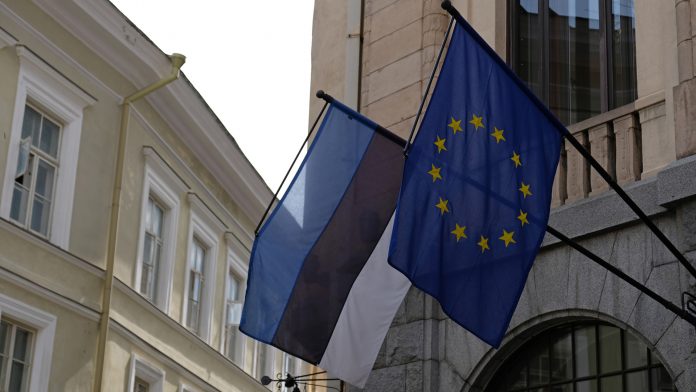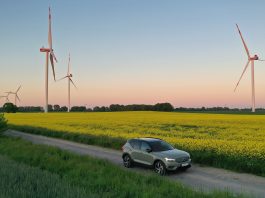The European Commission has announced €3.5bn to advance Estonia’s green transition, as well as its social and economic development, from 2021 to 2027.
It was announced today – 18 July 2022 – that Estonia will receive €3.5bn in Cohesion Policy funding to support economic, social, and territorial cohesion in 2021-2027 in the Partnership Agreement between the European Commission (EU) and Estonia. Additionally, this agreement will support the implementation of crucial EU priorities, such as the digital and green transition, which will contribute to competitive, innovative, and export-oriented growth.
Estonia’s transition to green energy
€781m from both the European Regional Development Fund (ERDF) and the Cohesion Fund will strengthen the circular economy in businesses, ensuring less waste and greater resource efficiency. The funds will also stimulate energy efficiency, renewable energy, and increased utilisation of recycled materials.
€354m from the Just Transition Fund (JTF) will help Estonia’s transition to a greener and more competitive industry while preserving employment and upskilling workers in Ida-Viru County. Additionally, approximately €521m from the Cohesion Fund will support the shift from road to rail transport for passengers and freight. Thus, reducing commuting times as well as CO2 emissions. Investments will also be made to complete the road network necessary for the Core TEN-T, which is anticipated to be ready by 2030.
Furthering Estonia’s digital economy
€742m of the ERDF will improve cooperation between businesses, and research institutions, and will be invested in small and medium enterprises to improve efficiency, innovation, and competitiveness in line with an intellectual speciality. These funds will also speed up the digitalisation of the economy, the development of public digital services and high-speed internet.
Upskilling Estonia’s social inclusion
€534m from the European Social Fund Plus (ESF+) will be invested to address social, health, lifelong learning, and labour market needs. Skills measures will be provided throughout all stages of life, ranging from support for school children and upskilling efforts to helping people find and advance in their careers.
Additionally, ESF+ resources also intend to address child poverty, prevent early school leaving, support long-term care reform, match education to labour market requirements and promote healthy work life. Support for food and essential material assistance will also be presented to the most vulnerable groups in society. All ESF+ investments will contribute to further implementing the European pillar of social rights.
Developing Estonia’s aquaculture
€97.4m of the European Maritime Fisheries and Aquaculture Fund (EMFAF) is expected to increase the resilience of the fishing, aquaculture, and processing sectors in Estonia. The EMFAF programme will focus on innovation, interdisciplinary scientific cooperation, climate change adaptation, and environmental protection. Thus, the sustainable development and economic diversification of the coastal fishing and aquaculture communities will be consistently strengthened in line with the objectives of the European Green Deal.
Furthermore, investments in the fisheries and aquaculture sector will also contribute to the green transition in Estonia by supporting the development of small-scale coastal fisheries through community-led local development.
What do the Members of the College think?
“Following today’s adoption of the Partnership Agreement, Estonia will be supported to develop its economy further, the green and fair transition, innovation in small and medium businesses and its transport sector. Estonia has a far-reaching smart, green, and digital future ahead,” explained Elisa Ferreira, Commissioner for Cohesion and Reforms.
“To meet the demands of the green and digital transition, Member States should invest heavily in skills and lifelong learning. I welcome that lifelong learning is an essential priority for the ESF+ in Estonia. It will improve access to the labour market, especially for vulnerable or disadvantaged people,” added Nicolas Schmit, Commissioner for Jobs, and Social Rights.
“In line with the European Child Guarantee, the ESF+ funding will also help reduce child poverty and prevent early school leaving. These measures make a tangible contribution in implementing the European Pillar of Social Rights.”
“Europe’s blue economy plays a crucial role in supporting coastal communities and decarbonising our economy. This Partnership Agreement with Estonia will reinforce coastal communities’ economic and social vitality through innovation and development of sustainable and environmentally friendly technologies. It will lead to improved resilience and shaping sustainable and low-carbon fisheries, aquaculture and processing sectors, enhancing the protection of the marine environment and biodiversity,” concluded Virginijus Sinkevičius, Commissioner for Environment, Oceans and Fisheries.









